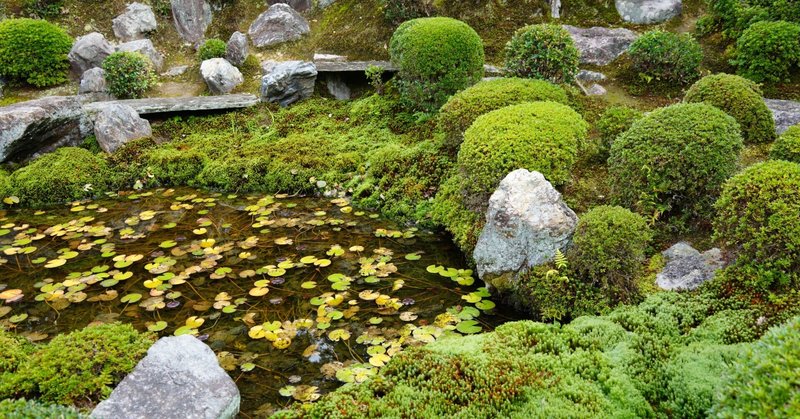
The superstition will continue until it becomes the disciples of the great-grandchild.
Just looking at it a little bit, the presidents and leading professors of major Japanese universities were those who were considered unfit for Japanese imperial universities before the war.
These people were back as victorious generals in the main post as a gainer of defeat.
These people returned to the main post as generals returning from a victorious campaign as those who benefited from the defeat.
After World War II, they produced students from universities and junior colleges who created mushrooms after a rain in Japan and raised them to teaching positions and created public officials on exam questions created by these people.
In particular, the capacity is fixed because significant universities are the academic chair system.
The person who learned in the academic chair system always says the same thing as the professor.
Both that pupil and also, the same is true for the students taught to them.
The superstition will continue until it becomes the disciples of the great-grandchild.
The graduates of the major universities they taught were excellent, so they became senior bureaucrats and entered many leading newspapers and leading publishers.
High school, junior high and elementary school teachers were also educated by scholars of that system.
If we notice, the intellectual field in Japan was enveloped in a mood of the left-wing in the blink of an eye.
Herbert Norman, the agent of Comintern, mentioned earlier, has his entire collection not available in Canada but from Iwanami Shoten in Japan.
If the left-wing dominates the world of speech, the world will not move easily until the people die.
At this time, among the publishers that survived barely, the big one is Bungeishunju.
As I remember, 'Bungeishunju' has an article, 'His Majesty the Emperor laughs wonderfully.'
It was an article in Tatsuno Takashi (French literary man), Sato Hachiro (poet), and Tokugawa Musei (speaker, writer, actor) talked pleasantly with the Emperor.
There was no such article in the big magazine in the left-wing atmosphere at the time.
Speaking of intellectual things, it is a time of left-wing thinking.
After reading this article, the general public was delighted to say, 'Are there still such magazines left,' and 'Bungeishunju' is said to have grown by about 100,000 copies each month at the time.
I also remember the story of this article as a child as an example showing that the general public did not want a left-wing magazine that was said to be intellectual.
By the way, Kikuchi Kan, who created Bungeishunju, was Purge (occupied Japan).
As Kikuchi Kan is considered a man of war responsibility, you will know how unusual things are.
So Bungeishunju is dissolved once.
However, the remaining 12 people, including Sasaki Mosaku and Ikejima Shinpei, received the company and magazine names from Kikuchi Kan and somehow recovered.
Those who say we are now progressive or left-wing are all defeated gainers and their disciples.
In the meantime, the Purge (occupied Japan) decree became looser and slower.
In particular, when the Korean War occurred, it was concluded that the Japanese defense team's statement, 'Japan tried to avoid communism of East Asia' in the Tokyo trial was correct. Conversely, communist officials were to be expelled.
It is indeed a ludicrous story.
After MacArthur left Japan, the Ridgeway lieutenant general was appointed as chief commander.
Ridgway issued a statement giving the Japanese government the power to re-examine the occupation laws and regulations enacted in the implementation of the Occupational Forces Directive, and the cancellation of Purge (occupied Japan) began immediately.
As Japan eventually became independent in the San Francisco Peace Treaty, the Purge (occupied Japan) decree was abolished.
この記事が気に入ったらサポートをしてみませんか?
